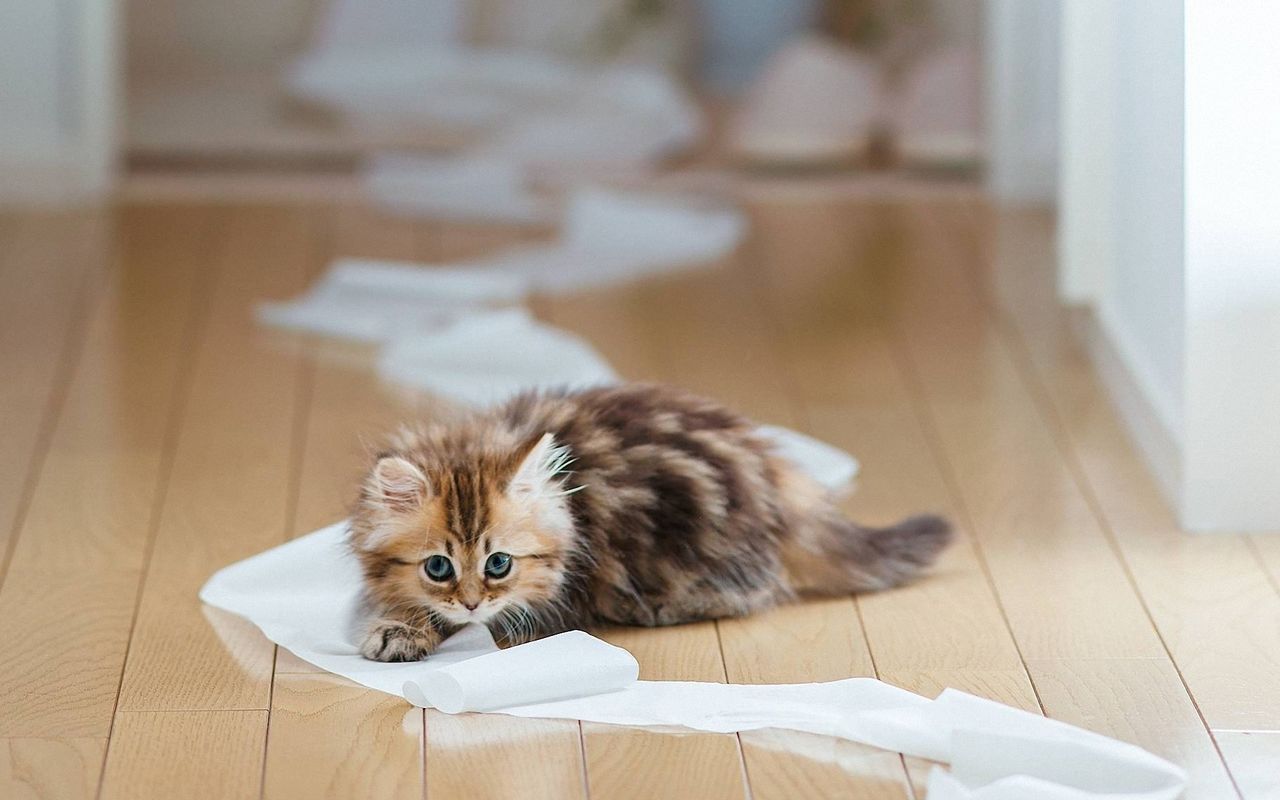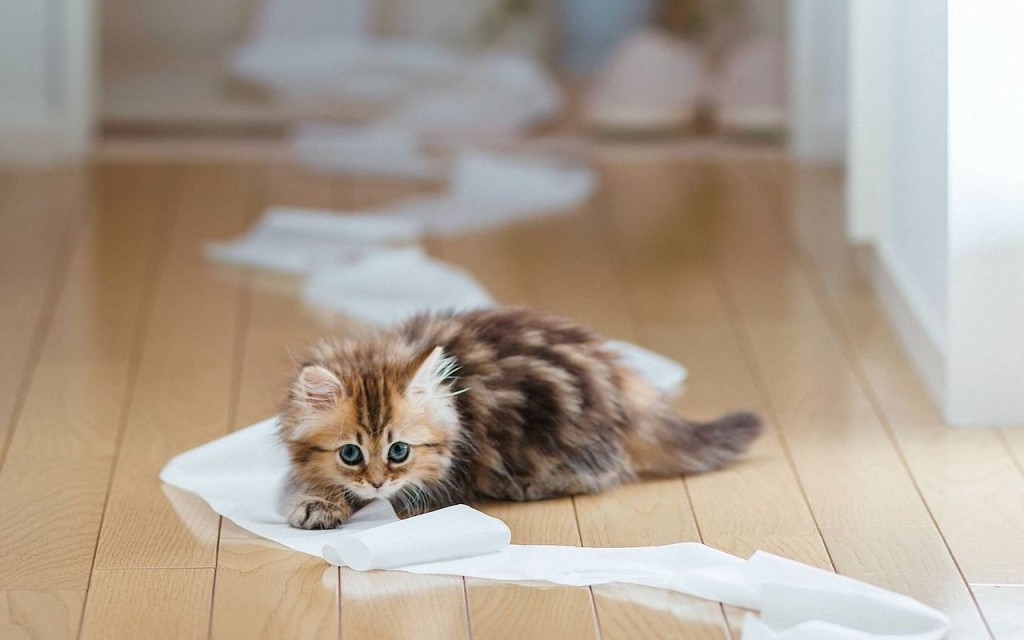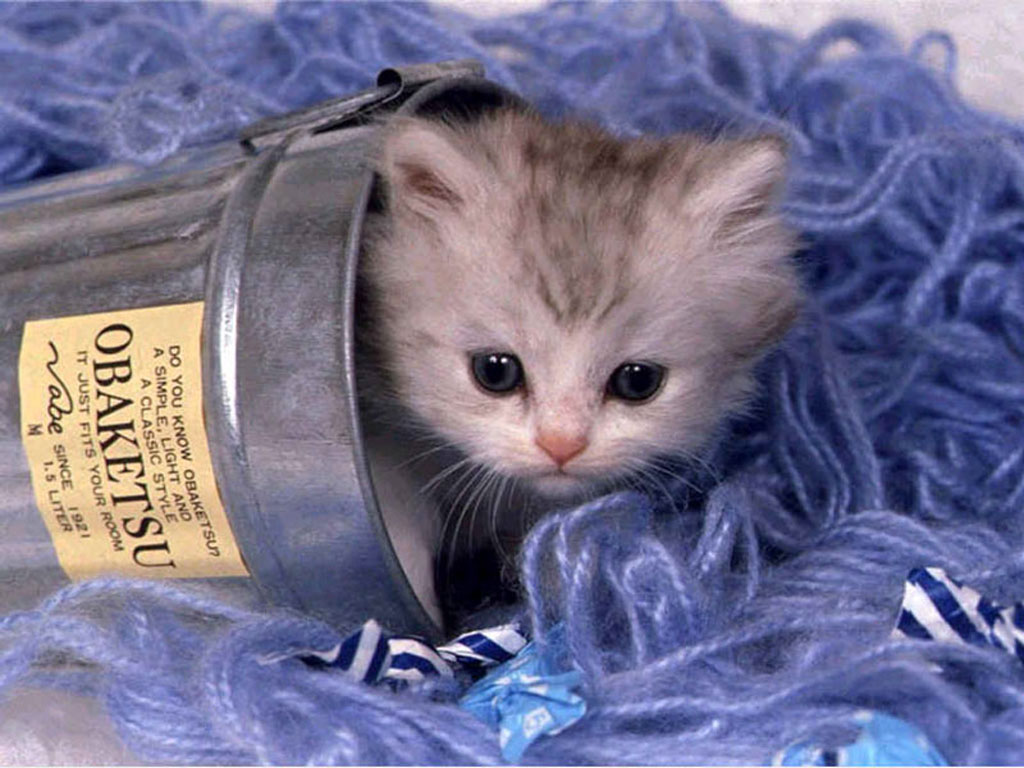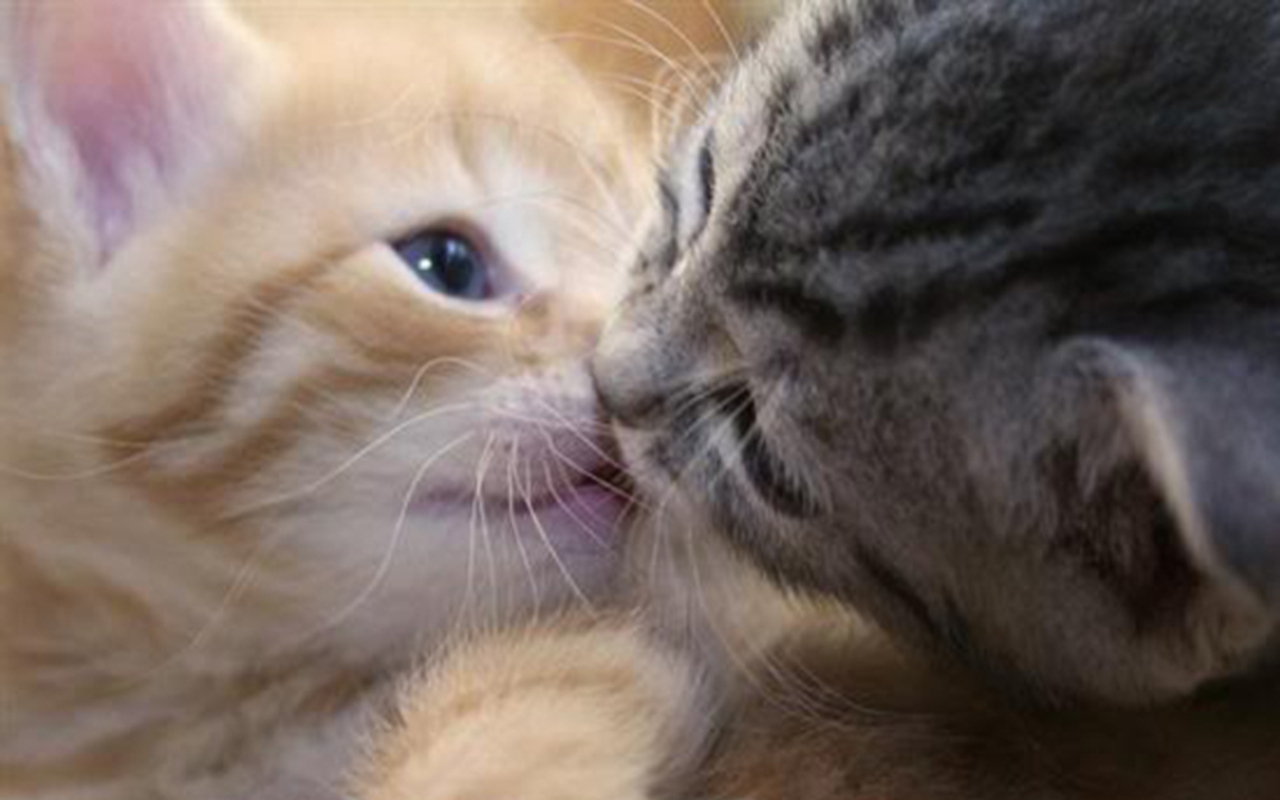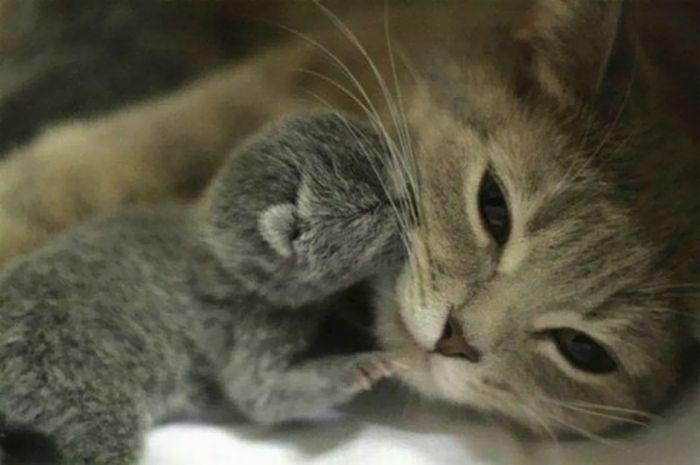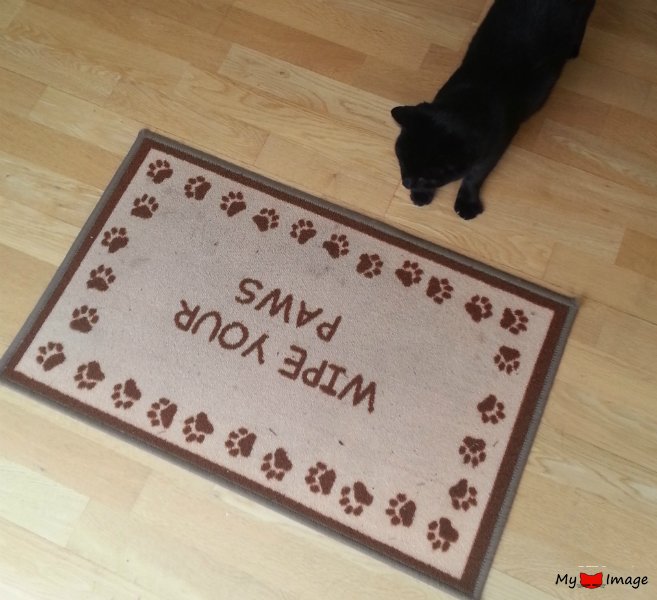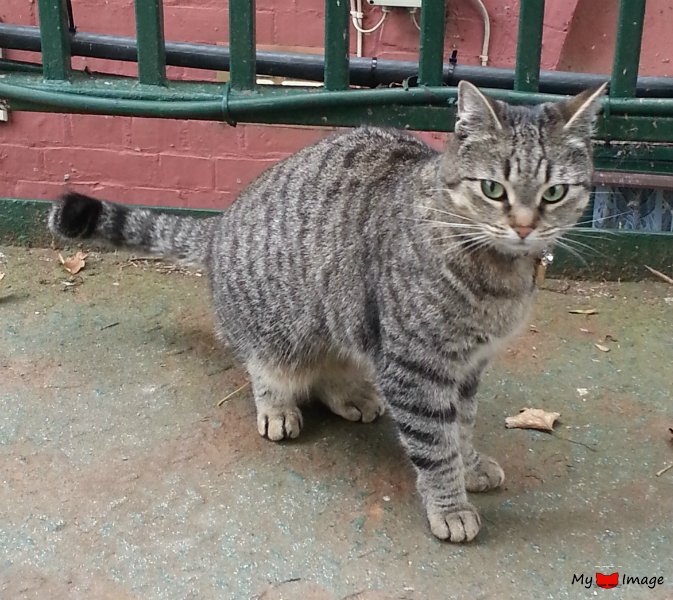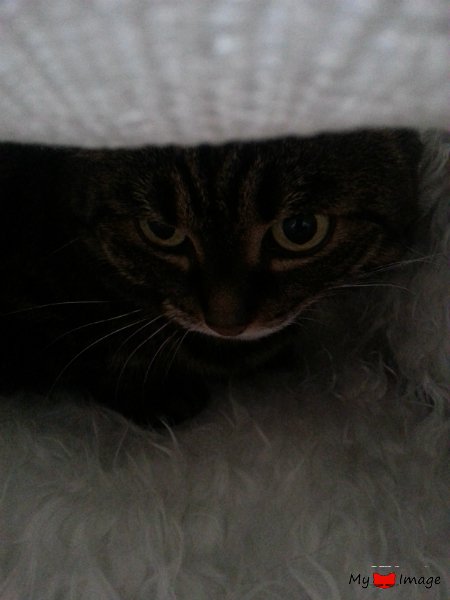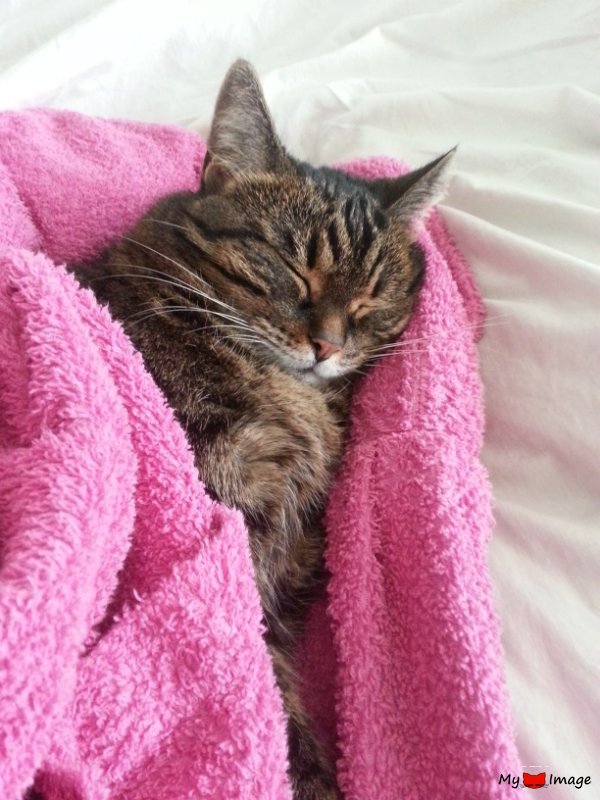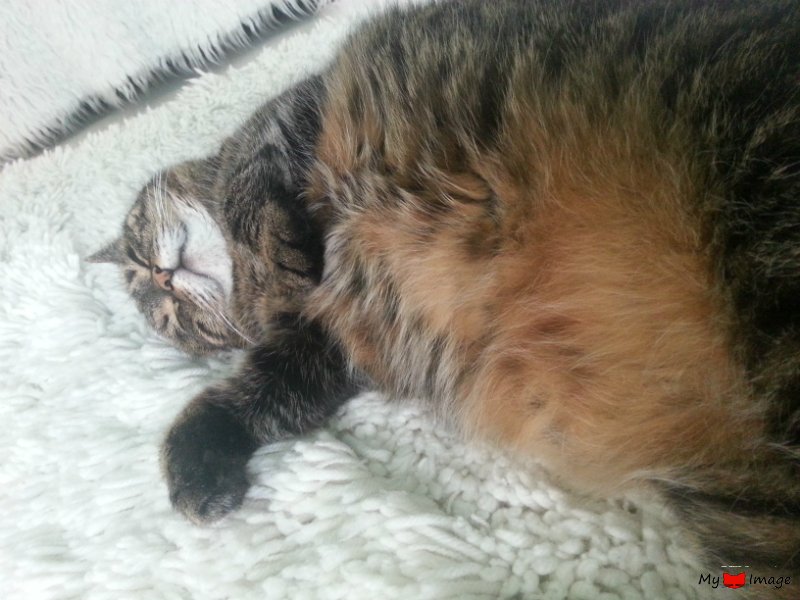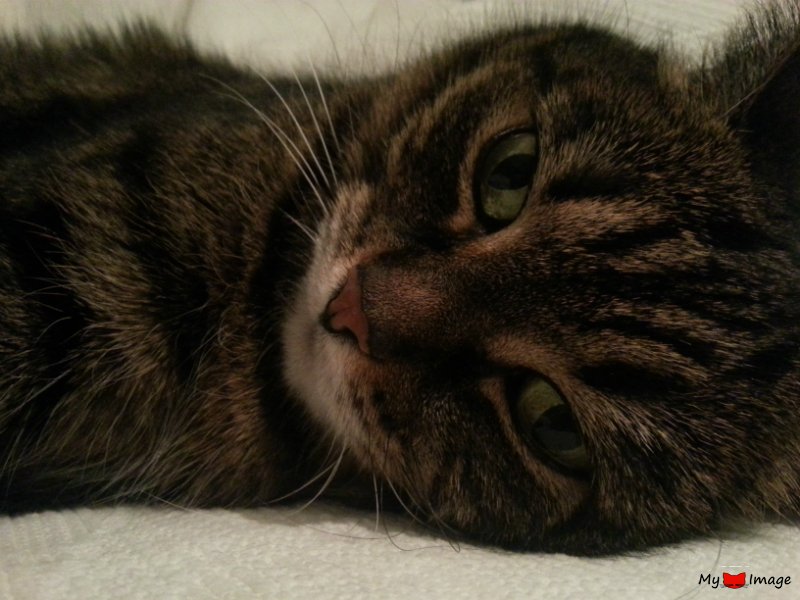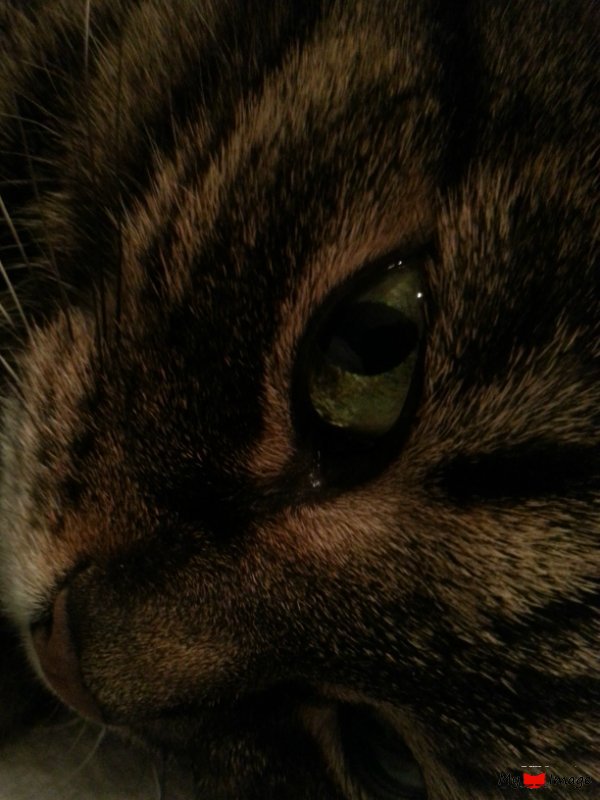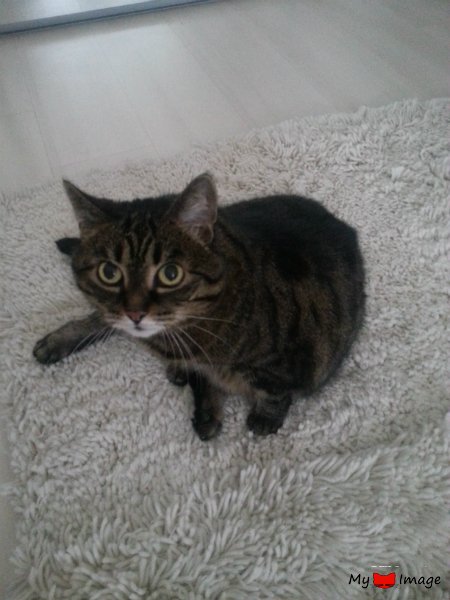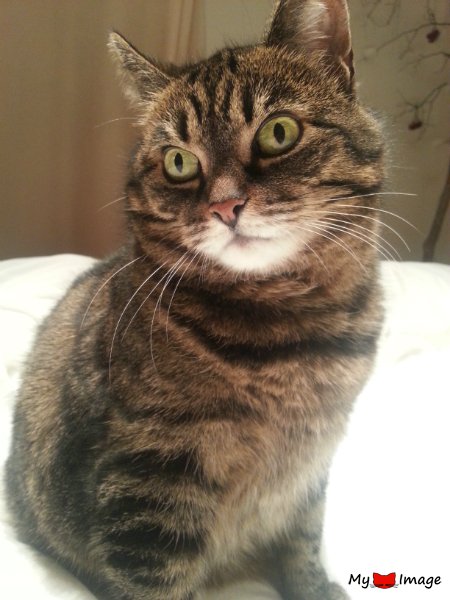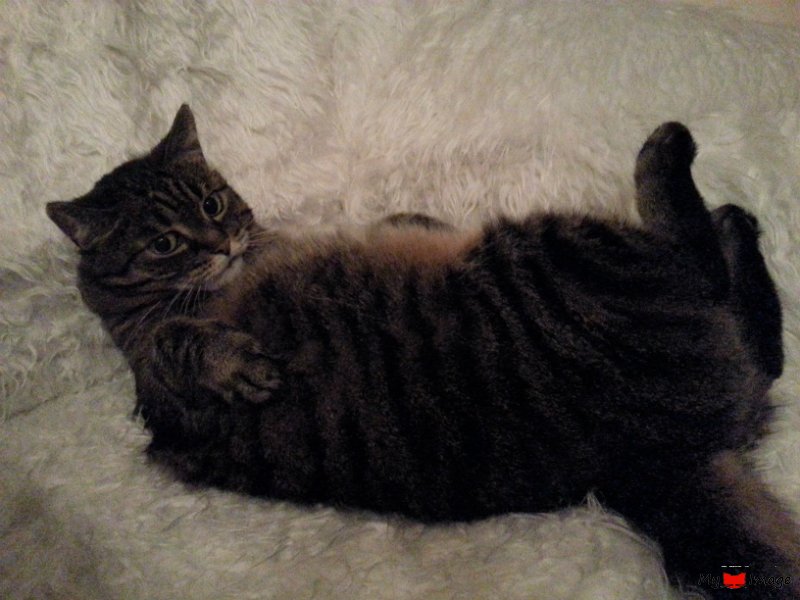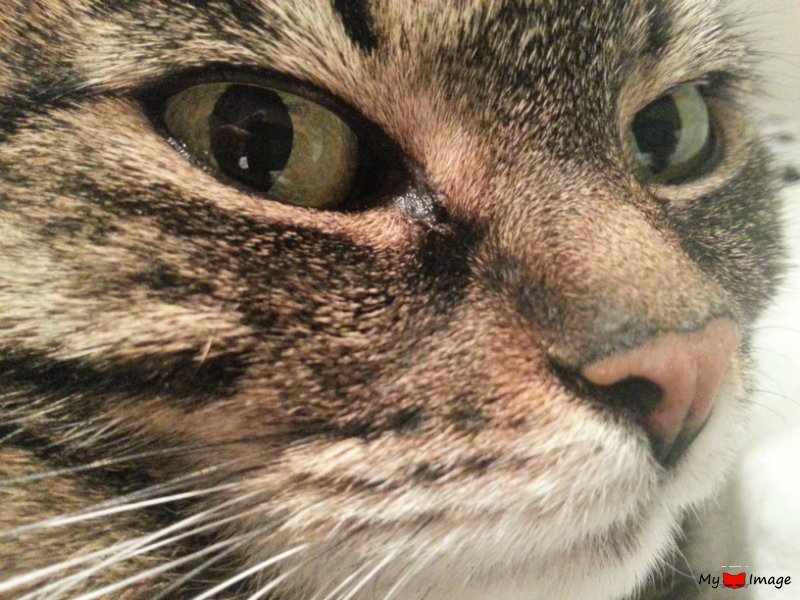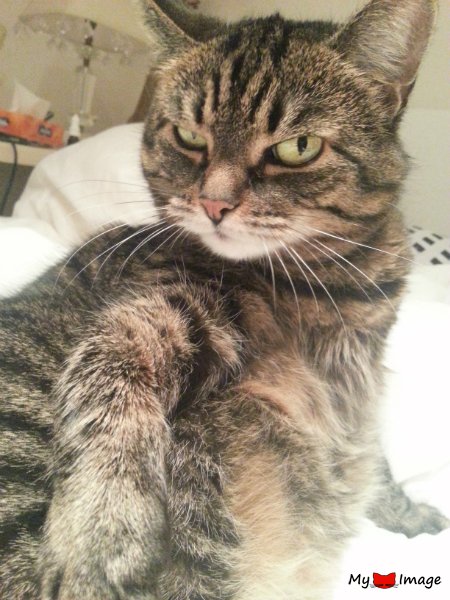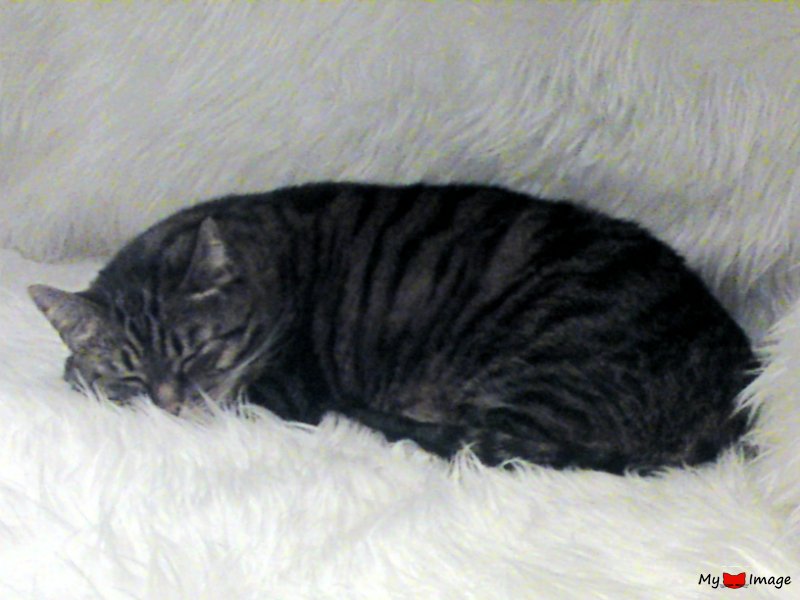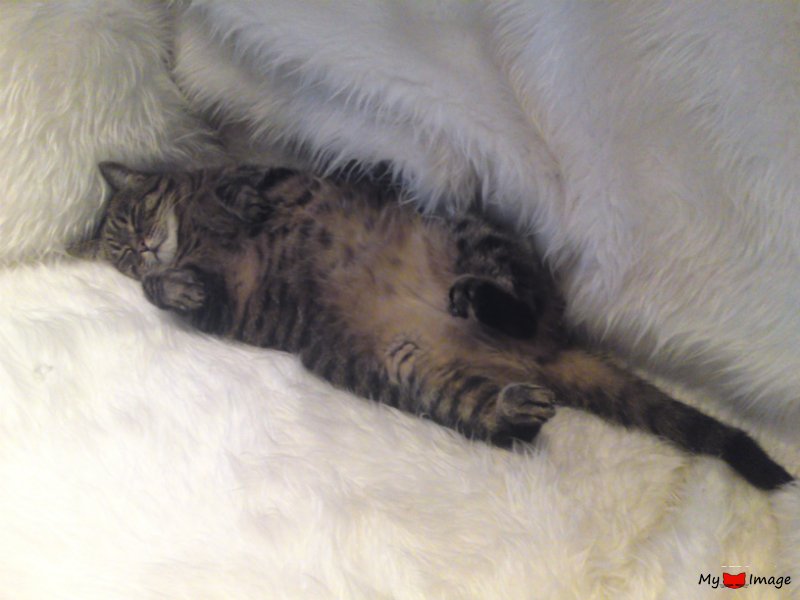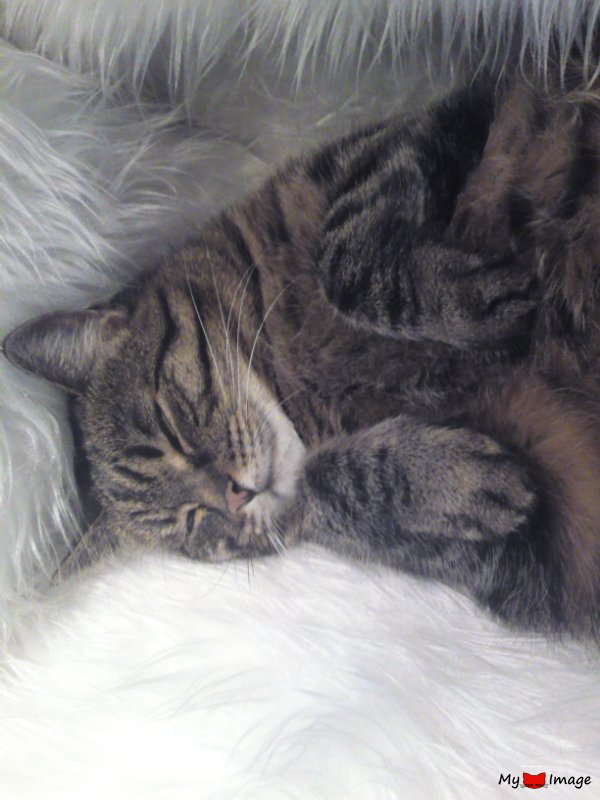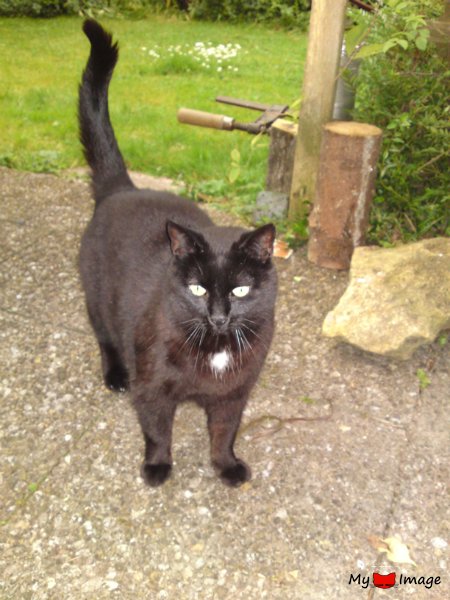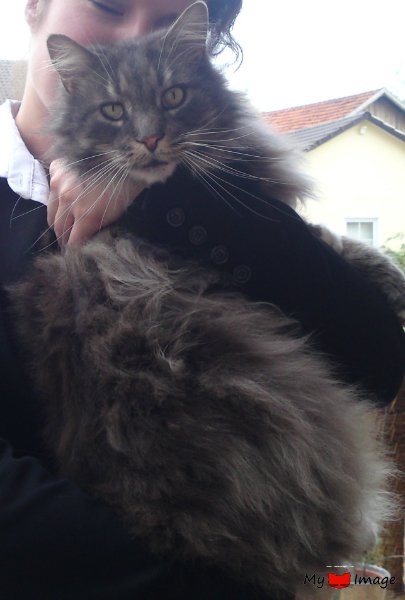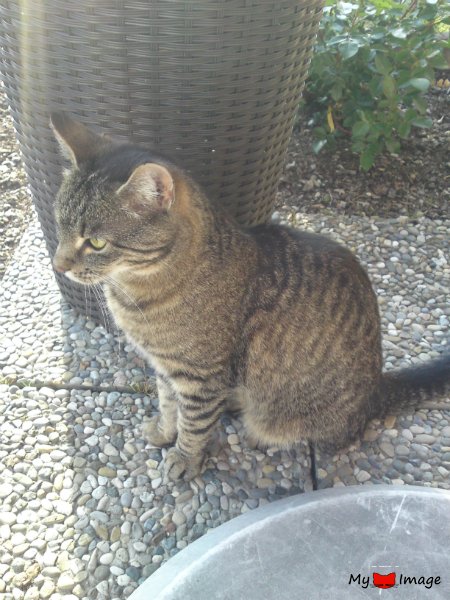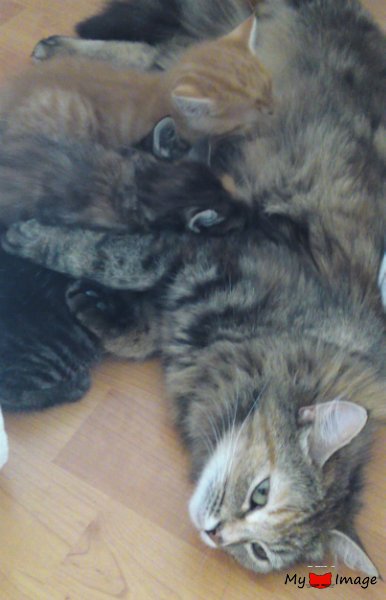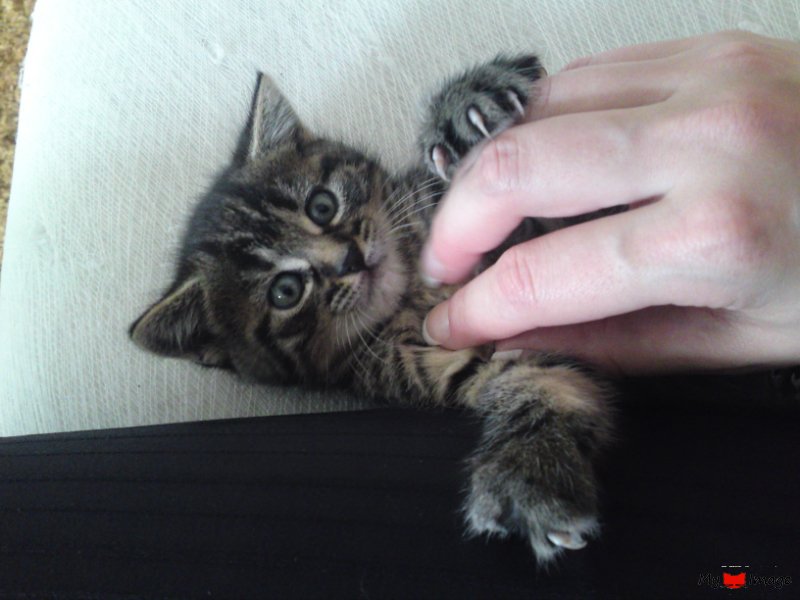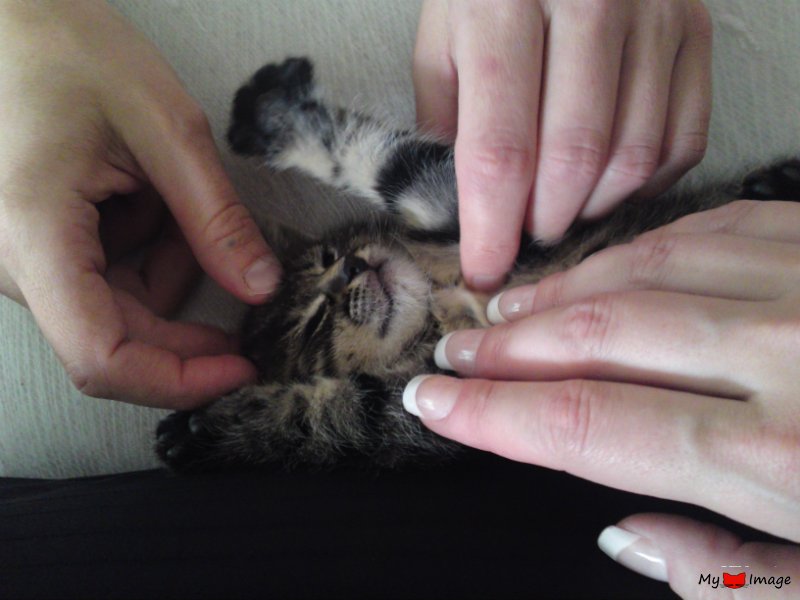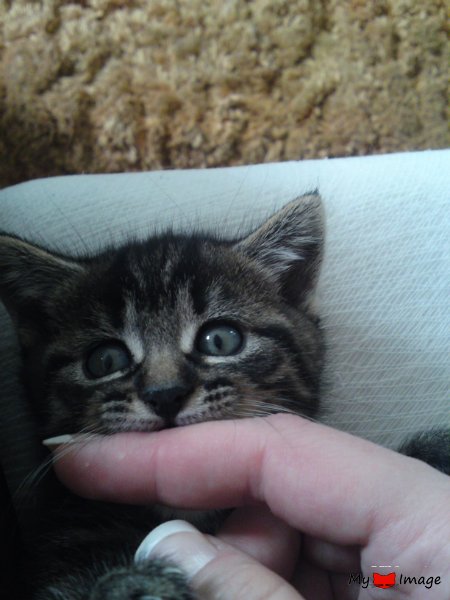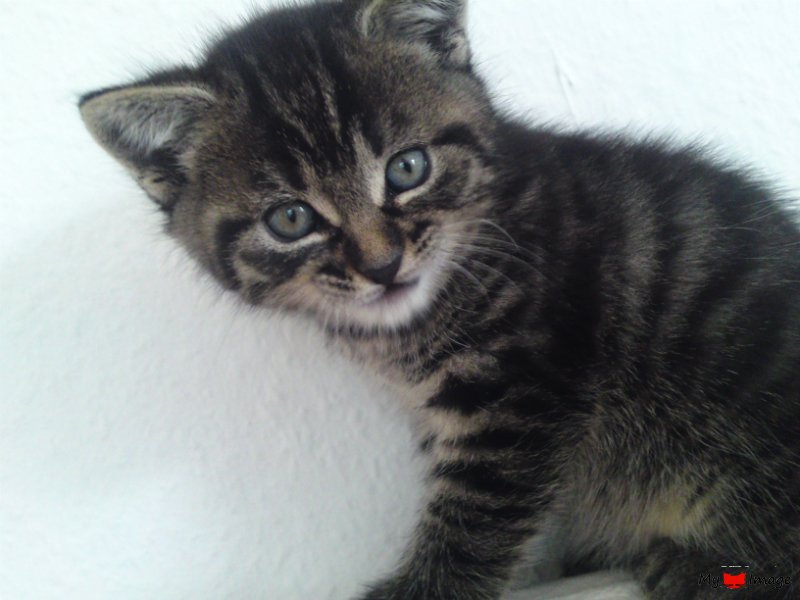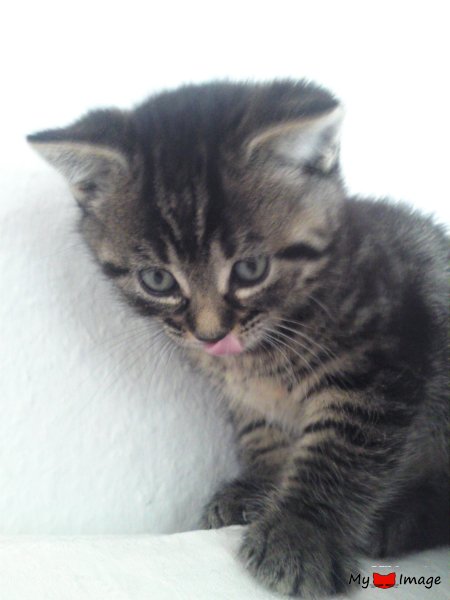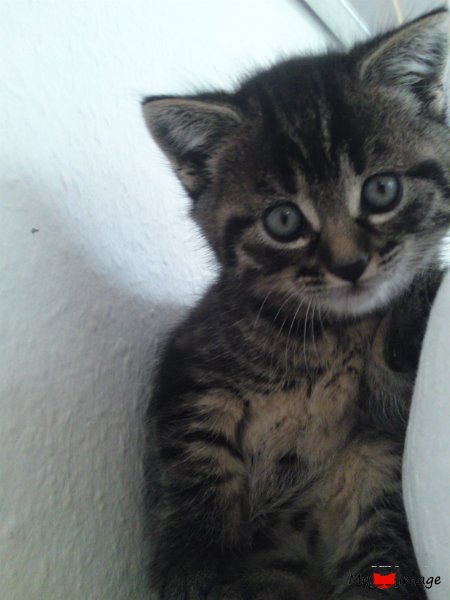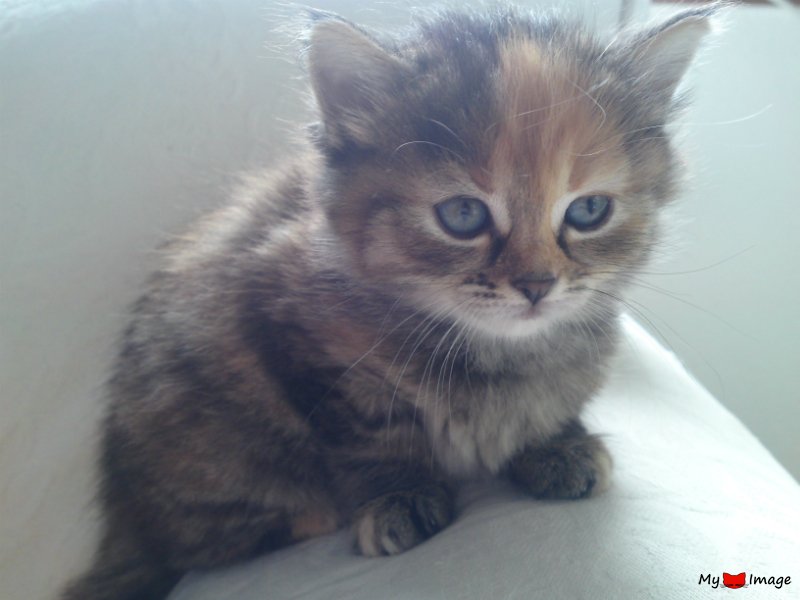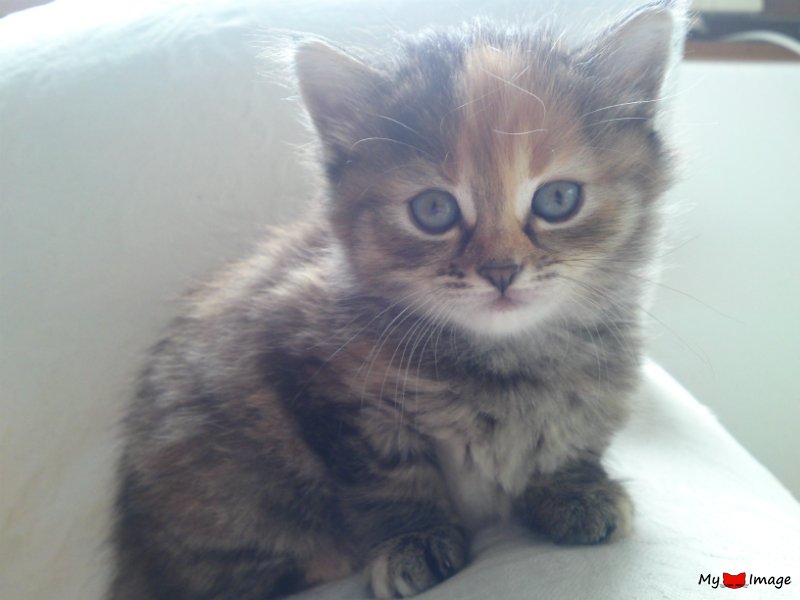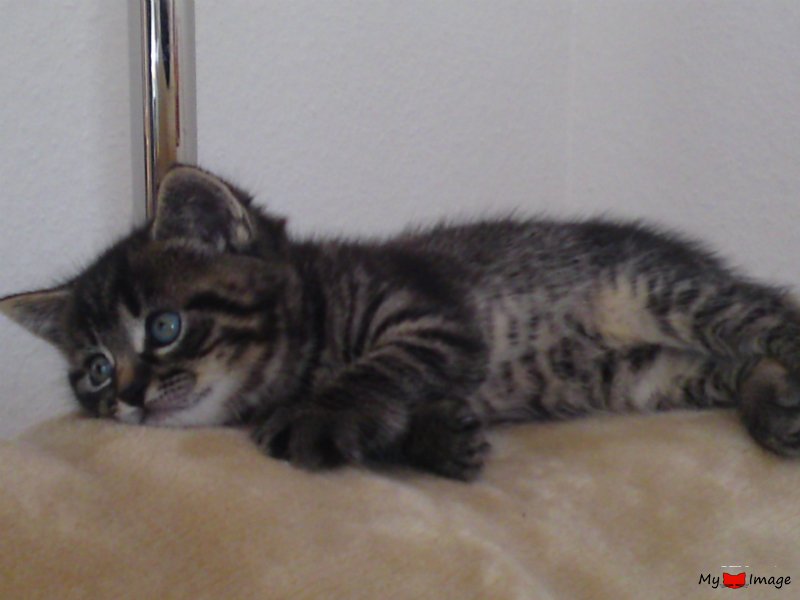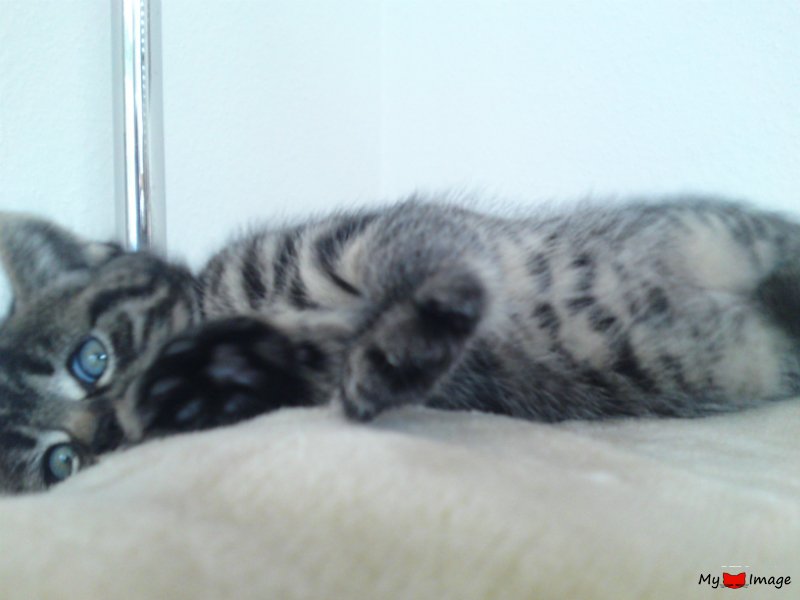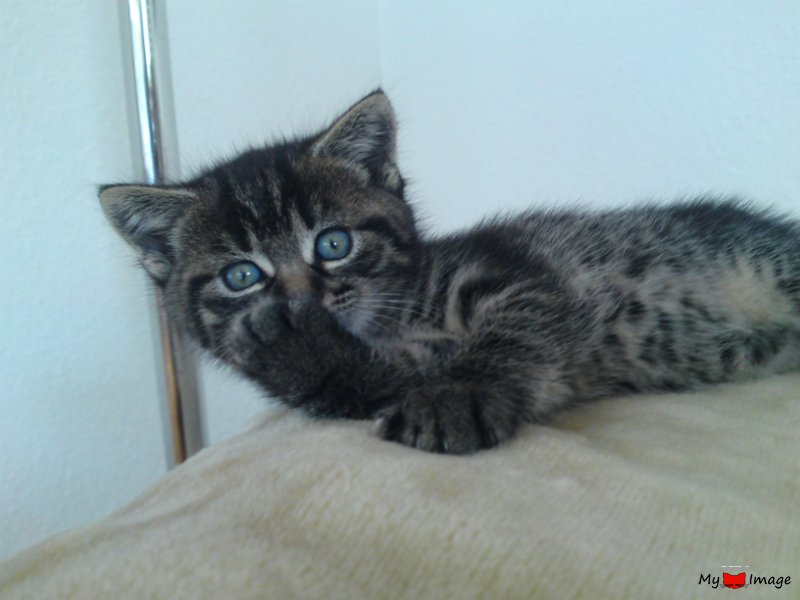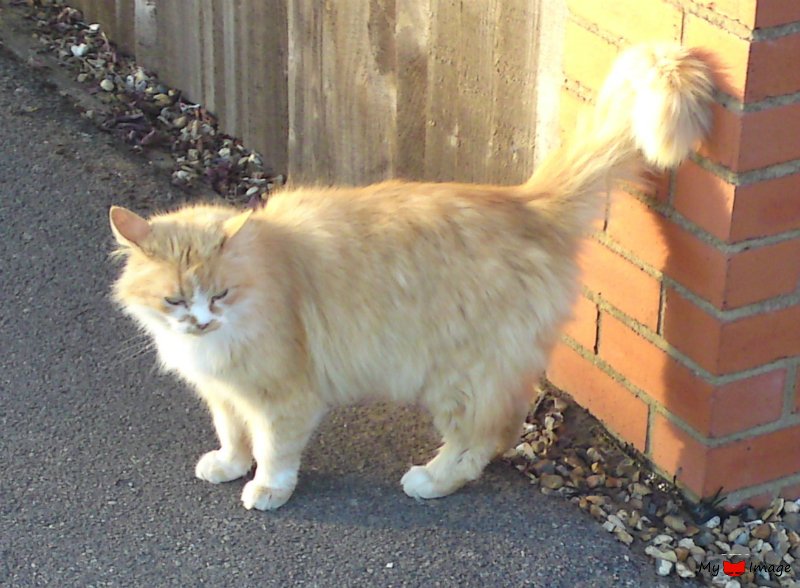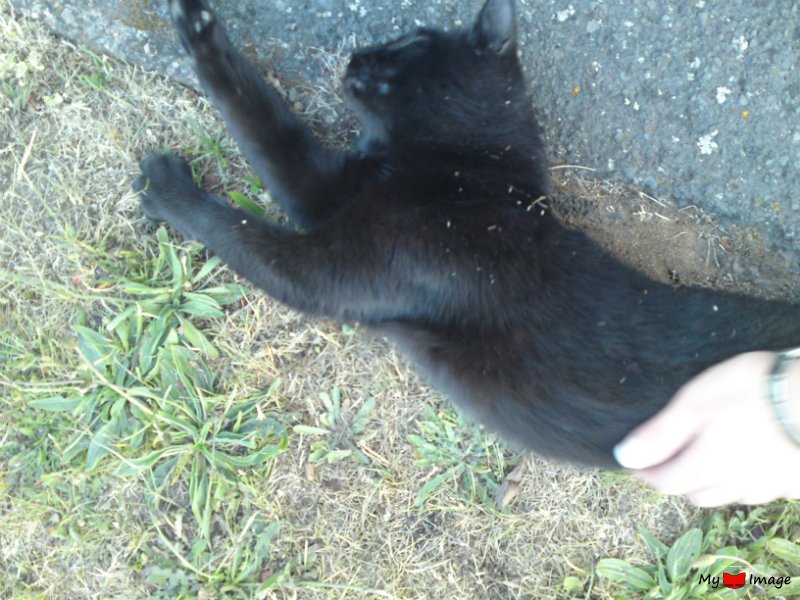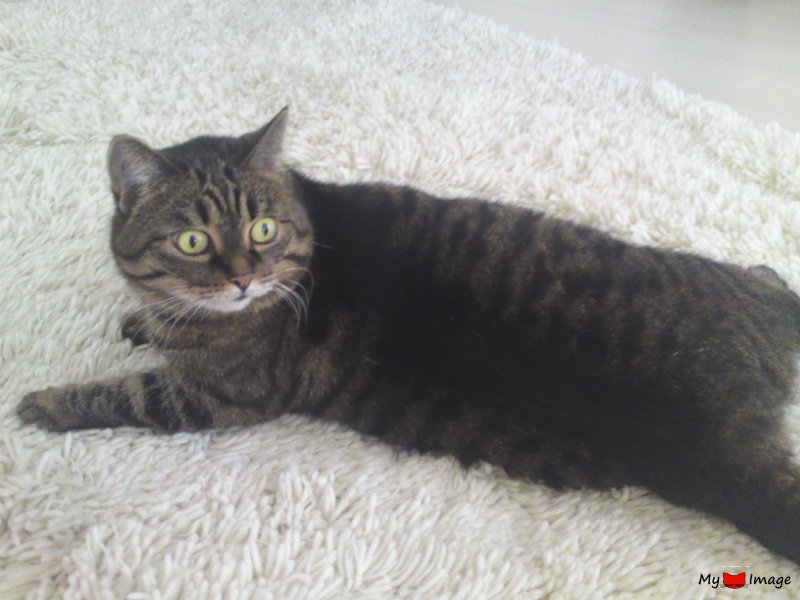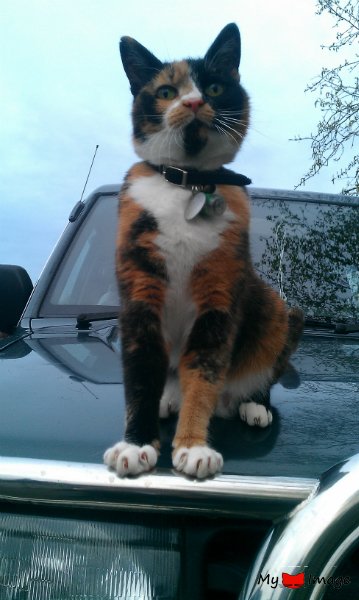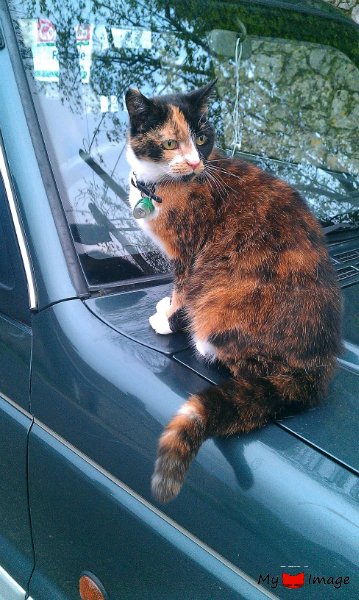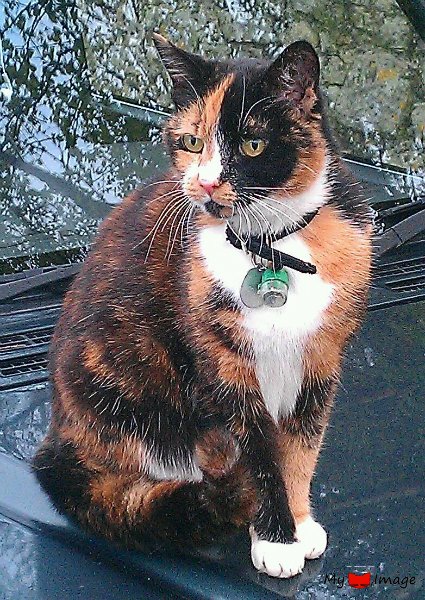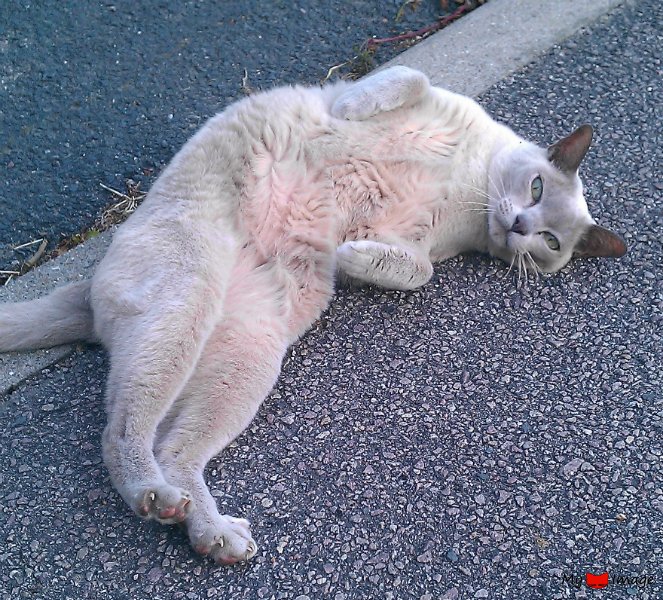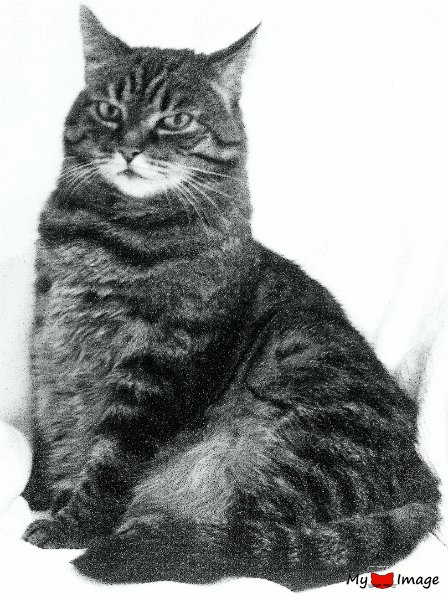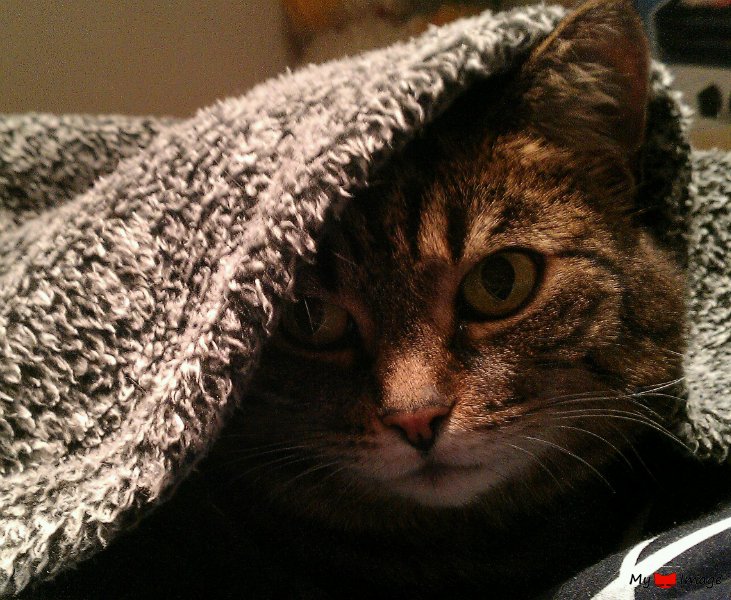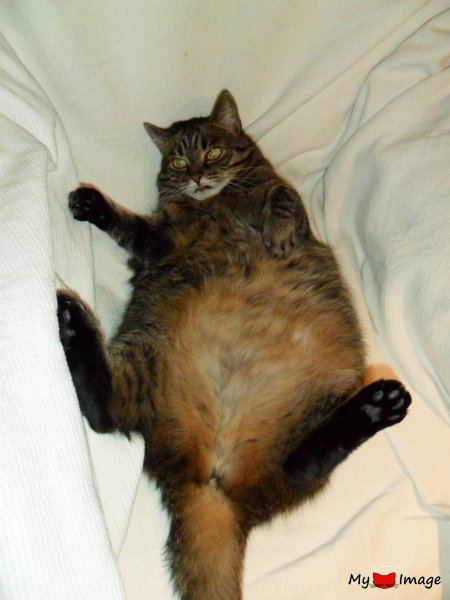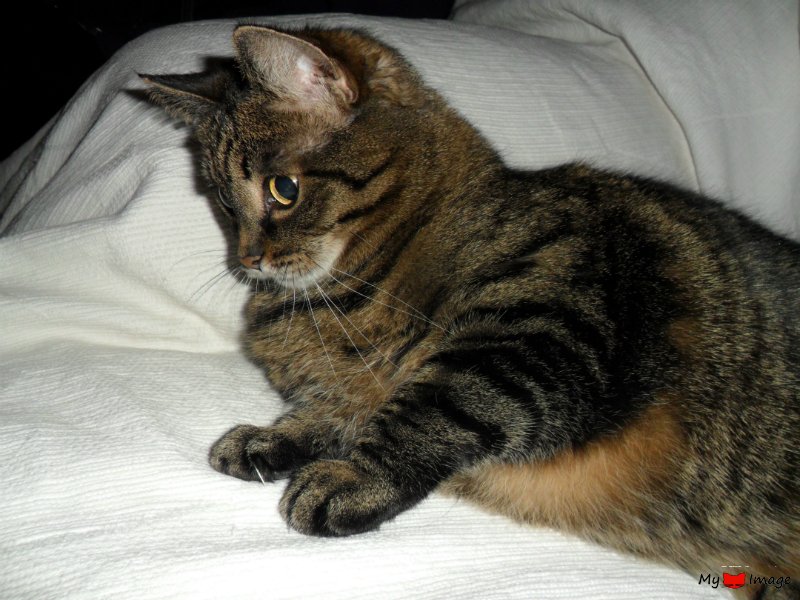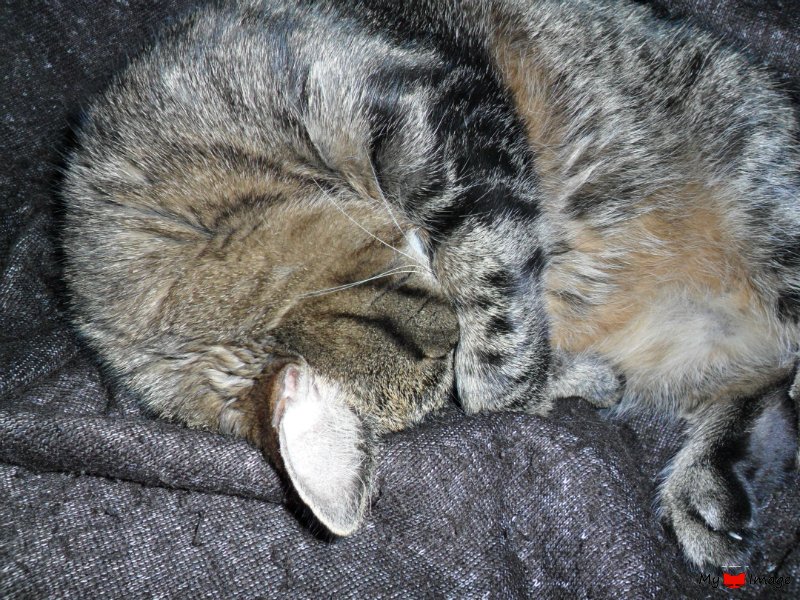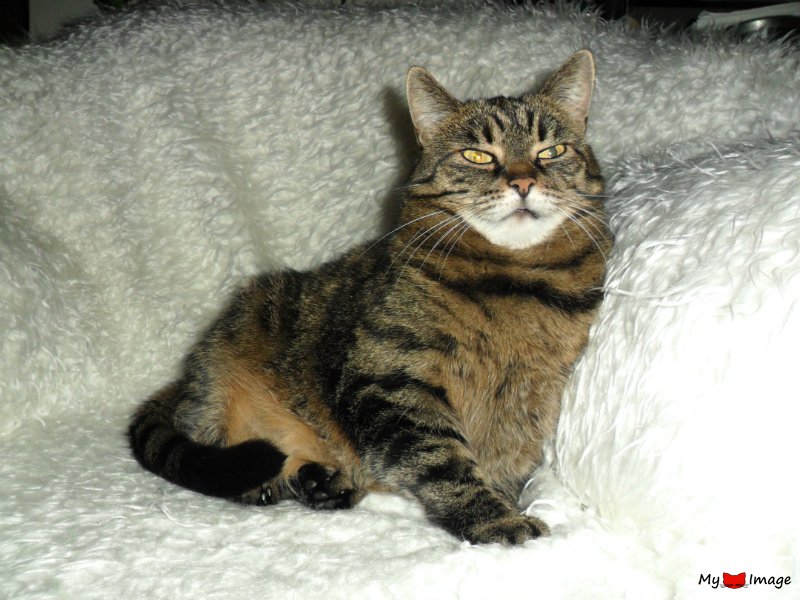We consider our homes to be the safest place available, but it is not always true in relation to our pets. Here is our Top 5 cat hazards that could be found in our homes:
- cables, cords, wires and everything of this sort is a real danger, and should be dealt with accordingly. Trying to chew an electric cable or cord is something a kitten or a cat must not be allowed to do under any circumstances (even if it looks funny and cute at the time), as it might result in burns of different severity, or even death.
- string, ribbon, thread, yarn, tape, rubber bands, hair ties, some Christmas decorations and alike must be kept out of reach of a cat at all times. If swallowed a string can kill, within days. I would also advice to avoid feathers – some cat toys have longer or shorter soft synthetic feathers/feather like teasers on them, which come off relatively easily; these are not meant for a digestive system of a cat either. If you suspect that your cat swallowed something and it stops eating, vomits or has any other unusual symptoms, it is time to call the vet immediately!
- open or unsecured windows are a hazard as well, if you live higher than ground floor. Accidentally falling or jumping out of the window is much more common than you would think; this is extremely true when you have your cat in heat and ready to mate. In general cats are not afraid of heights at all, they enjoy climbing and they have a reputation of always landing on their feet; however, there are limits. A good solution is to get a special safety net for windows and balconies, these are available in every larger pet store.
- certain popular house plants are poisonous for cats; these include Aloe, Amaryllis, most of Lilies, Dracaenas, Dieffenbachias, Philodendrons and Rhododendrons. The plant just standing in the corner of your room is no hazard, until a cats chews on it. Due to their curiosity and inclination to explore this can happen very soon, especially with kittens. Symptoms of poisoning include everything from a simple redness, swelling or itchiness of the mouth or stomach, to vomiting, diarrhea, difficulty breathing or irregular heartbeat. If you notice any of those, it is time to get professional help.
- household appliances – washing machines, cookers, some gas heaters and alike can also be dangerous. For example, you should check your washing machine drum before starting it, as many cats can’t resist sleeping there. Kitty’s experience with a gas cooker or any other appliance with open flame might result in serious burns; the same can be said about burning candles, which should not be left unattended anyway. Electric or induction plates might cause severe burns to paws. By the way, it is not that unusual for a cat to peek into a working toaster and burn its whiskers, or to be closed off in the fridge!
Cats are very intelligent creatures and adult cats usually manage to avoid most of the trouble, but if you have a kitten in the house, you must watch its back. Kittens are extremely curious and anything that moves or can be moved gets their attention in no time. Like children, they are exploring the capabilities of their own little bodies, and this does not always end up good.

